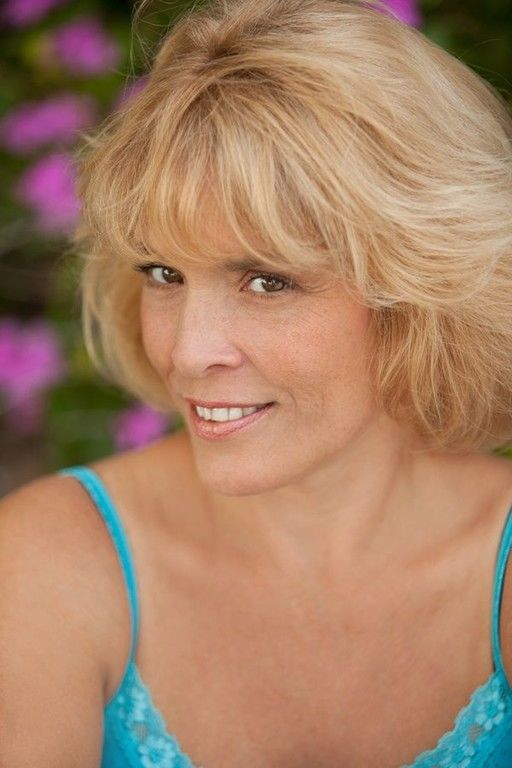First, A High Point
Let me paint you a picture.
I’m standing on the bridge of a Canadian destroyer. In front of me, behind me, and beneath my feet is an incredible machine. This is HMCS Saskatchewan, Mackenzie Class Canadian destroyer. She’s a sports car of a ship. Her lines are all rounded because she was designed to cruise through radioactivity, with a sprinkler system to wash off the fallout. So she’s beautiful. She is 366 feet of sleek war machine with a complement of 290 officers and crew. And she’s doing 28 knots (52 km/h; 32 mph), which is very fast for a boat.
 Two sister ships, McKenzie and Yukon, are cruising on each side of Saskatchewan. We’re surging into a glorious tropical sunset. Porpoises are playing in our bow waves. Flying fish are coming out of the sea in schools of hundreds, their cellophane wings iridescent in the fading sunlight.
Two sister ships, McKenzie and Yukon, are cruising on each side of Saskatchewan. We’re surging into a glorious tropical sunset. Porpoises are playing in our bow waves. Flying fish are coming out of the sea in schools of hundreds, their cellophane wings iridescent in the fading sunlight.
I’m on the bridge beside the captain. I turn to him and say, “Could you have them crisscross in front of us, sir?” And he does. The two ships beside us start to weave through the water ahead of us like some kind of incredible maritime dressage.
I’ve heard a film crew described as “the biggest toy train set in the world”. It doesn’t get any bigger than this. At least, it never did for me. And that was enough. I cherish that memory.
An then a Low Point
I was directing “Kung Fu, the Legend Continues” in Toronto, working with David Carradine, but this particular show also included David’s daughter, Calista. And the producers were not happy.
 During prep the producers took me aside. She’s a terrible actor, they told me. She’s out of control, over acting, chewing the carpet, or words to that effect. You’ve got to pull her back.
During prep the producers took me aside. She’s a terrible actor, they told me. She’s out of control, over acting, chewing the carpet, or words to that effect. You’ve got to pull her back.
And then I met Calista. We hit it off as friends immediately. Calista was all sexual energy and enthusiasm. She’s a natural flirt. The first AD had described her as “the set bicycle”, which was the end of my good relationship with that particular AD. This was an AD who wanted to do my job, who warned me to keep away from David Carradine and “let me handle him.” And now he was telling me to avoid Calista. This was not advice that fit my understanding of my job description.
So Calista and I went out for Japanese food. The restaurant we went to served saki in a rather large teapot, and I discovered that it really is possible to get drunk on saki. I told her things about my life one usually reserves for a trusted friend, and she decided that I am a trusted friend.
And then we worked on her scene. She was approaching Caine as her natural self, sexy, flirtatious. It was totally wrong for the scene. We talked about who her character was, a street person, a young woman who had every reason to be careful around men, a person intrigued by Caine, but wary. And to my relief she could take direction. In fact, she is a sports car of an actor, able to absorb an idea and internalize it, making it believable. She was good.
So, how is this a low point you ask? Well, we shot the scene. The next day on set the AD told me David was on the phone and wanted to talk to me. That was enough to get me nervous. And it got worse when I heard his voice. “Zale, you turned her lights out.” he said. He had played the scene with Calista and felt that Calista, the vibrant, alive daughter he knew and loved, just wasn’t there. He sounded like he was almost in tears. “You turned her lights out.” I stammered some words about being sorry he didn’t like her performance and…well, I’m sorry, David. I’m really sorry.
I still had an afternoon of shooting to get through. I felt like I was sleep walking through it. I felt like I’d been eviscerated, emotionally disemboweled. Here’s where imposter syndrome becomes reality. I had been so sure of myself, yet a man I loved and respected was telling me by implication that I was a horrible director. Here was the proof I should never have been allowed on a film set. It doesn’t get much worse than that.
And Then, Redemption – the happy ending.
Toward the end of the day I got a second phone call from David. He was calling to apologize. He’d seen the rushes. He understood how the scene played. He was very happy with Calista’s performance.
This is one of the reasons I loved David Carradine. I don’t know how many actors, no, not just an actor, a genuine star, would beat me up, and then call me later to say they were wrong. That’s just not the way it usually goes. David and I were straight with each other. I gave him a lot of respect, but never treated him like a celebrity. And he was always authentically human with me.
